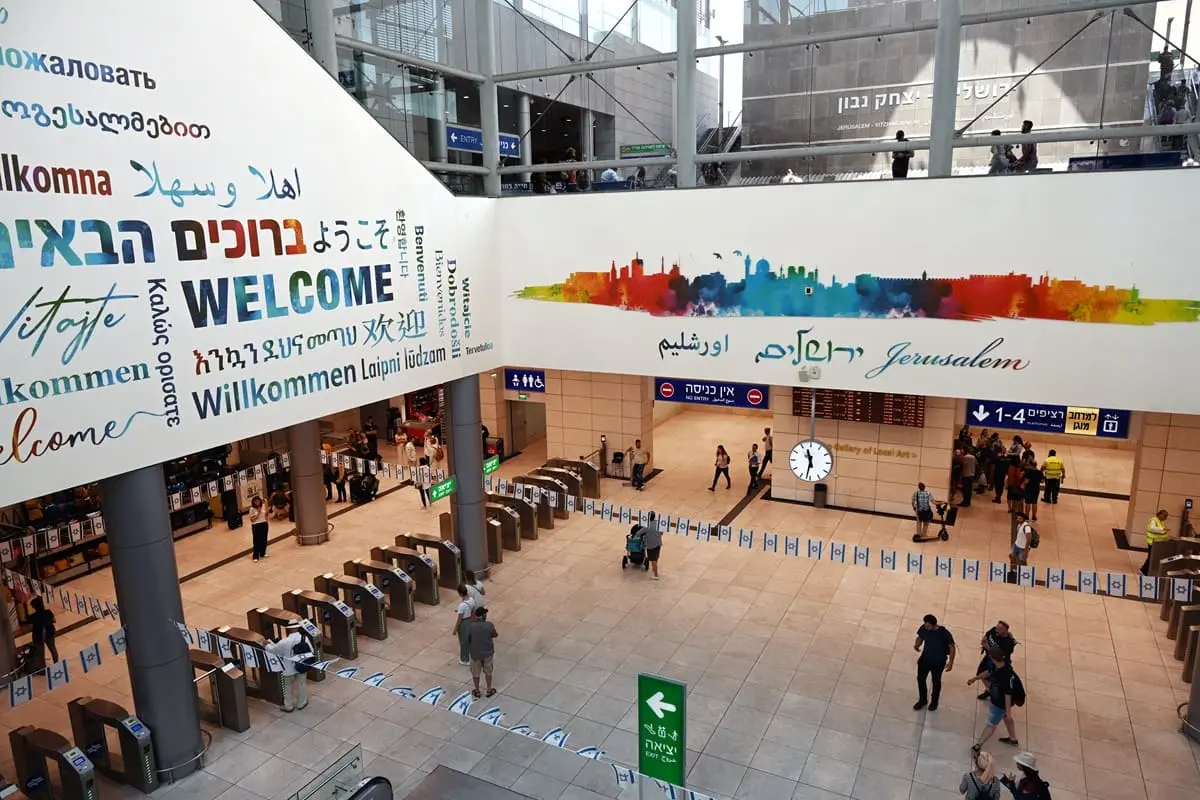Israel has received 32,752 ETA-IL applications since January 1, 2025, the official date of entry into force of its electronic travel authorization.
Since January 1, 2025, tourists from the 99 visa-exempt countries and territories have been required to obtain prior authorization, known as ETA-IL, to enter Israel.
This measure, similar to the ESTA in the USA or the ETA in the UK, is designed to check in advance that there are no obstacles to visitors’ entry, and to avoid potential inconvenience to travelers.
Two weeks after the new regulations came into force, the Population and Immigration Authority (PIBA) reports having received 32,752 ETA-IL applications, of which 32,516 were approved.
Of these applicants, 19,647 tourists have already crossed Israeli borders with the required authorization. According to the PIBA, the majority of tourists with an ETA-IL used air entry points to arrive in the Jewish state.
Top 5 countries of origin
The United States dominates the list of countries of origin for ETA-IL visitors, followed by France, the UK, Russia and Germany.
Here are details of the top five countries supplying tourists to Israel with ETA-ILs:
- United States: 8,156 visitors;
- France: 2,200 visitors;
- United Kingdom: 1,579 visitors;
- Russia: 1,103 visitors;
- Germany: 543 visitors.
The 99 countries and territories exempt from Israeli visas and eligible for ETA-IL authorization are:
- Albania, Andorra, Argentina, Australia, Austria, Bahamas, Barbados, Belarus, Belgium, Belize, Botswana, Brazil, Bulgaria, Canada, Central African Republic, Chile, Colombia, Costa Rica, Croatia, Croatia, Cyprus, Czech Republic, Denmark, Dominica, Dominican Republic, Ecuador, El Salvador, Estonia, Eswatini, Fiji, Finland, France, Georgia, Germany, Greece, Grenada, Guatemala, Haiti, Honduras, Hong Kong, Hungary, Iceland, Iceland, Ireland, Italy, Jamaica, Japan, Kosovo, Latvia, Lesotho, Liechtenstein, Lithuania, Luxembourg, Macau, Macedonia, Malawi, Malta, Mauritius, Mexico, Micronesia, Monaco, Mongolia, Montenegro, Nauru, Netherlands, New Zealand, Norway, Palau, Panama, Papua New Guinea, Paraguay, Peru, Philippines, Poland, Portugal, Romania, Russia, Saint Kitts and Nevis, Saint Lucia, Saint Vincent and the Grenadines, San Marino, Serbia, Singapore, Slovakia, Slovenia, South Africa, South Korea, Spain, Suriname, Sweden, Switzerland, Taiwan, Tonga, Trinidad and Tobago, Ukraine, United Kingdom, United States, Uruguay and Vanuatu.
ETA-IL: a simplified travel authorization for Israel
On January 1, 2025, Israel introduced the ETA-IL (Electronic Travel Authorization for Israel), a compulsory electronic travel authorization for foreign nationals wishing to visit the country. This system is aimed at all nationalities currently benefiting from visa exemption for short-term tourist or business stays.
The ETA-IL is valid for two years from the date of approval, and allows a stay of up to 90 days in Israel. Travelers may make several stays during this period, provided they comply with the set limits.
Application for an ETA-IL must be made online via the official portal of the Population and Immigration Authority, providing personal information and details of the planned trip.
The cost of this authorization is 25 shekels, or around €7 / $7.
Travelers are encouraged to submit their application at least 72 hours before departure to ensure timely processing, although applications are usually processed within minutes/hours.
On arrival, it is essential to present the approved ETA-IL, as failure to do so will result in refusal of entry to Israel.
Israel prepares its transition to e-Visa
In parallel with the introduction of the ETA-IL, Israel is currently testing an electronic visa system for Indian citizens. According to the authorities, this initiative aims to modernize and simplify the visa application process for one of the world’s largest traveling populations.
The e-Visa allows applicants to apply online, without having to visit a consulate or embassy, making the process of entering Israel more accessible and efficient.
If this test phase proves successful, the system could be extended to other countries, bringing Israel into line with modern standards for managing international tourist flows.





